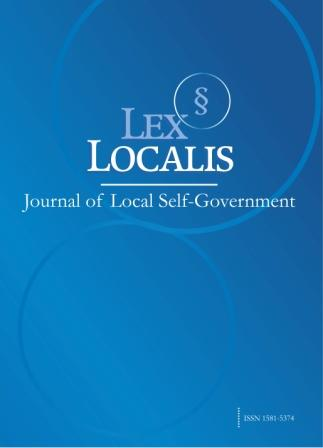Remote Work and Organizational Commitment: The Mediating Roles of Job Satisfaction and Work–Life Balance
DOI:
https://doi.org/10.52152/ypscmx94Keywords:
Remote work; job satisfaction; work–life balance; organizational commitment; sustainability; structural equation modelingAbstract
This study examines how remote work influences organizational commitment through the mediating roles of job satisfaction and work–life balance. Drawing on survey data from 300 Korean employees, structural equation modeling (SEM) was used to test the hypothesized relationships. The model demonstrated excellent fit (χ²(1) = 0.008, p = .929; CFI = 1.000; RMSEA = 0.000, PCLOSE = .951). Results showed that remote work positively and significantly affects both job satisfaction (β = 0.466, p < .001) and work–life balance (β = 0.410, p < .001), which in turn significantly predict organizational commitment (β = 0.590 and β = 0.166, respectively). Bootstrapped mediation analysis indicated that both indirect effects were significant, jointly explaining nearly half of the variance in commitment (R² = 0.485). Job satisfaction emerged as the stronger mediator, suggesting that psychological fulfillment exerts a greater influence than lifestyle flexibility alone. These findings demonstrate that flexible work arrangements enhance commitment primarily through employees' affective responses rather than structural conditions. The study advances sustainable human resource management theory by integrating affective and work-design perspectives, positioning satisfaction and balance as central to social sustainability. Practically, it underscores the need for managerial trust, autonomy, and boundary management to foster commitment in digitally enabled work environments.
Downloads
Published
Issue
Section
License
Copyright (c) 2025 Lex localis - Journal of Local Self-Government

This work is licensed under a Creative Commons Attribution-NonCommercial-NoDerivatives 4.0 International License.








